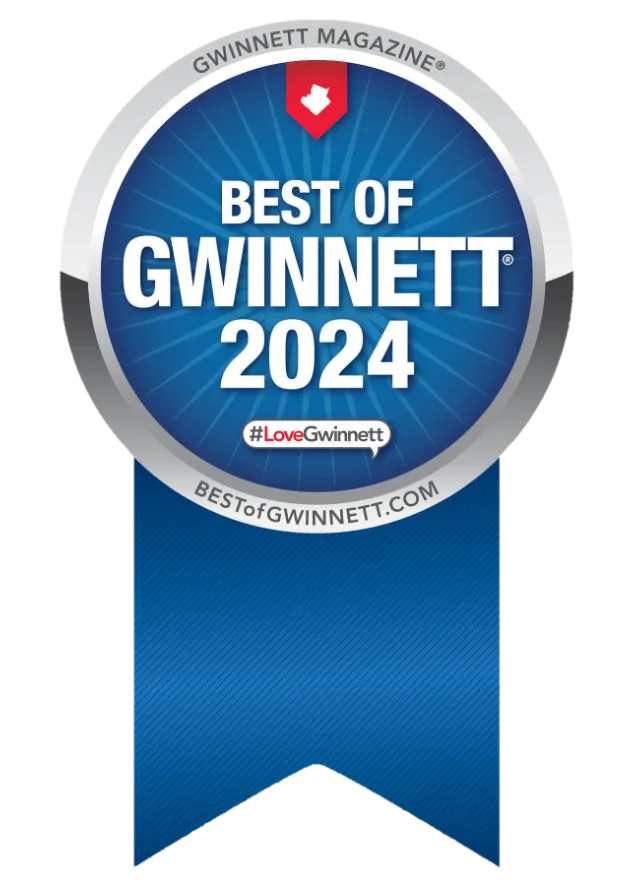A Secret Weapon For Your Content Marketing
Let’s be honest – creating content just for the sake of creating content is a surefire way to waste your time and see little return on your efforts. We’ve all been there – publishing blog after blog, creating ebooks and videos, only to have them collect virtual dust bunnies.
So, what’s the missing ingredient?
Understanding what your audience actually wants from your content based on their keyword searches. This is where the concept of keyword intent comes into play.
What is Keyword Intent?
Keyword intent refers to the underlying reason or goal behind someone’s search query.
When you search for something in Google, you’re not just randomly typing words – you have an intent driving that search. That intent falls into different categories depending on where you are in the buying cycle or research process:
Informational Intent
This category includes searches that would occur when you’re looking for information, facts, instructions, or answers to a specific query. Searches like “How to change a tire” or “What is SEO” fall into this category.
Navigational Intent
You want to get to a specific website or online destination. Searches like “Facebook login” or just typing a brand name like “Amazon” indicate navigational intent.
Commercial Investigation Intent
You’re researching and comparing products or services before making a purchase decision. Searches like “best laptops 2024” or “CRM software reviews” suggest commercial investigation intent.
Transactional Intent
You’re ready to make a purchase or complete another transaction like downloading something. Searches like “buy iPhone 14” or “subscribe to Netflix” indicate transactional intent.
Local Intent
You’re looking for a business, service, or other offering in a specific geographic area. Searches with geographic qualifiers like “plumbers in Atlanta” or “open restaurants near me” show local intent.
Why Keyword Intent Matters for Content
Creating content solely based on keywords and not intent is a bit like playing a fun game of “Pin the Tail on the Donkey” while blindfolded – you’re taking blind swings without a clear target in mind. Users have different expectations and needs depending on their intent behind a search. Providing content that doesn’t satisfy that intent is a surefire way to increase bounce rates and miss out on conversions and engagement.
On the flip side, matching your content to the proper intent category leads to:
- Better user experiences as you’re giving people what they want
- Higher engagement metrics like time on page and lower bounce rates
- More conversions and micro-conversions aligned with the intent
- Improved search rankings as your content better satisfies the search query
It’s a win-win! Your audience gets the information they need, and you reap the rewards of an effective, intent-driven content strategy.
How to Create Intent-Based Content
Okay, so we’ve covered what keyword intent is and why it’s crucial for an effective content marketing strategy. Now let’s dive into how to actually create content aligned with the most important intent category.
Informational Intent
- When someone has informational intent behind their search, they’re looking for in-depth information, instructions, facts, or explanations to satisfy their query. The types of content that work best include: Guides and How-To Tutorials
- FAQ Pages
- Definitions and Explanations
- Listicles and Tips Articles
To create high-performing informational content, you’ll want to comprehensively cover the topic, use visuals and multimedia to reinforce the information and optimize for featured snippets. Being as thorough and helpful as possible is key.
Commercial Investigation Intent
- For commercial investigation intent searches, the user is researching and comparing products or services to determine the best fit before making a purchase decision. Effective content types include: Product Comparisons
- Reviews and Ratings
- Buyer’s Guides
- Expert Roundups and Opinions
When creating this type of content, it’s important to maintain objectivity and address common concerns, questions, or objections. You’ll also want to include clear calls to action or next steps for when the user is ready to make a purchase.
Transactional Intent
- Searches with transactional intent indicate the user is ready to make a purchase, download something, or complete another transaction. For these queries, the focus should be on optimized product/service pages
- Clear Checkout Flows
- Sign-Up or Registration Processes
- Free Trial or Demo Information
The key to transactional content is reducing any friction or barriers that could prevent the user from easily completing their desired transaction. Having clear calls to action and a seamless user experience is crucial.
Local Intent
- When someone includes geographic qualifiers like a city name or “near me” in their search, they have local intent – meaning they’re looking for a business, service, or offering in their specific area. To capture this local traffic, you’ll want localized content and location pages
- Optimized Google Business Profile Listings
- Local Reviews and Testimonials
- Local Link Building and Citations
Providing the localized information and optimizations users need to find you in their area is essential for local intent searches.
By understanding these different categories of keyword intent and creating content to match each one, you’ll be well on your way to an effective, user-focused content marketing strategy that drives results.
Need help analyzing your keyword data for intent signals and mapping out an intent-based content plan? That’s where the team at Make It Loud comes in! As a leading digital marketing agency in Atlanta, we have the expertise to ensure your content hits the bullseye. Reach out today to learn more!
Cliff Tillery, MBA is the Chief Operating Officer and SEO Director at Make It Loud which is a digital marketing firm located outside of Atlanta Georgia. More than 14 years ago, he started search engine optimization at this award-winning agency and has taught digital marketing skills to business owners at the Gwinnett Chamber of Commerce, the Gwinnett Entrepreneur Center, and other groups.


